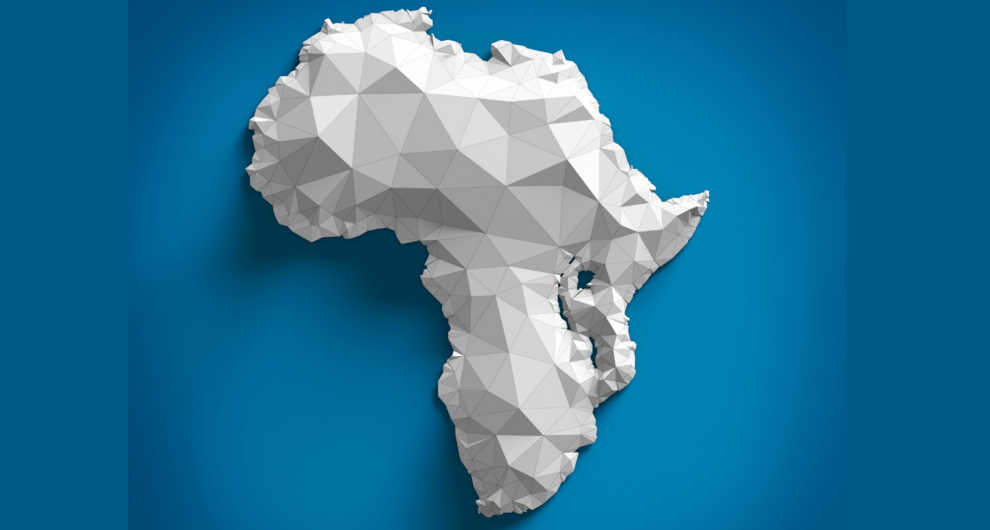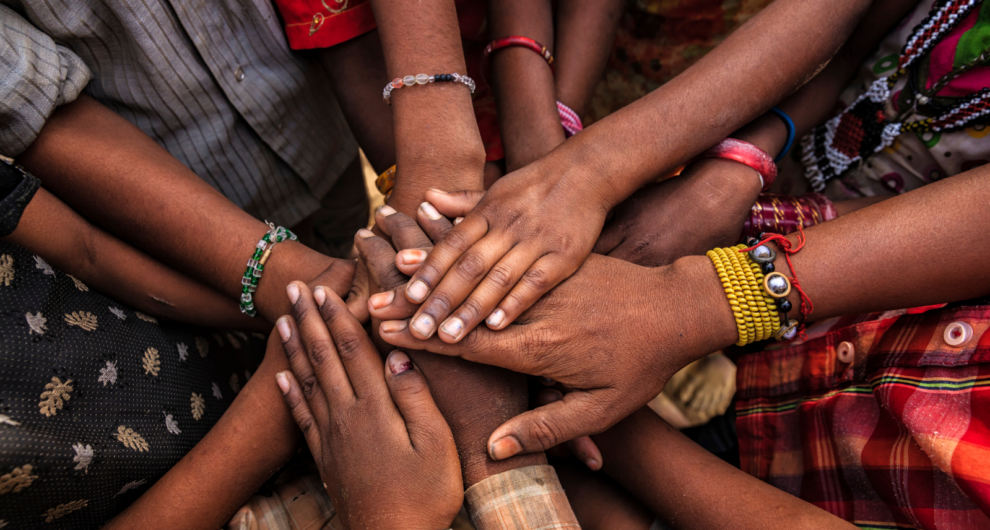Evidence Empowered Decision-Making for Africa’s Renaissance (EEDAR)



The Evidence Empowered Decision-Making for Africa’s Renaissance (EEDAR) project is dedicated to institutionalising evidence in decision-making processes in Africa, with a focus on Francophone West African countries, integrating it into the fabric of policy and practice. The project will also foster close collaboration between the nascent communities of practice on Evidence-Informed Decision-Making (EIDM) in Anglophone and Francophone African regions to achieve its objectives, including co-creating a Bi-lingual Evidence Leaders’ project.
The EEDAR project aims to bridge the linguistic and collaborative barriers in evidence usage between Francophone and Anglophone regions of Africa, with the ultimate goal of enhancing positive equitable policy outcomes towards achieving the Sustainable Development Goals (SDGs) in Africa and improving the well-being of its people.
The project’s ultimate goal is to improve the wellbeing of Africans and their environment by bridging collaborative barriers in evidence-informed decision-making in Francophone and Anglophone regions.
Specific interventions include:
- Conduct a comprehensive landscape mapping and political economy analysis of the EIDM ecosystem in Africa, with a focus on Francophone West Africa, identifying critical entry points for establishing institutional and programmatic interventions.
Aim: To uncover the underlying economic, political, and social factors that influence the use of evidence in decision-making and identify strategic opportunities for strengthening the EIDM ecosystem.
- Establish strong and sustainable collaborative linkages with universities, think tanks, government agencies, and regional blocs operating within the EIDM ecosystem in Francophone Africa and broker their collaboration with EIDM actors in Anglophone Africa.
Aim: To foster a vibrant community of practice that enables the exchange of knowledge, resources, and expertise across linguistic and regional divides, thereby enhancing the capacity for evidence-informed decision-making.
- Co-create a Bilingual Evidence Leaders Project with EIDM stakeholders that match institutions and experts from Francophone and Anglophone blocs.
- Strengthened capacities of EIDM actors in Francophone West Africa
- Increased knowledge generation, translation and dissemination to improve the EIDM ecosystem in Francophone West Africa
- Strengthened partnerships among EIDM actors in Francophone and Anglophone Africa
IMPACT
The success of EEDAR project will be reflected in the establishment of a robust, pan-African EIDM community, marked by increased inter-regional cooperation, policies informed by solid evidence, and heightened political will to address developmental challenges through evidence-backed solutions. The project aims for a lasting legacy that contributes to sustainable development outcomes across Africa.
The EEDAR project is financed by the Robert Bosch Stiftung Foundation.
Key Details
| Dates: | March 2024 to March 2027 |
| Aim: | The EEDAR project aims to bridge the linguistic and collaborative barriers in evidence usage between Francophone and Anglophone regions of Africa, with the ultimate goal of enhancing positive equitable policy outcomes towards achieving the Sustainable Development Goals (SDGs) in Africa and improving the well-being of its people. |
| Where: | Africa |
| Project Manager: | Jessie Mphande |
| Principal Investigator: | Rose Oronje |

